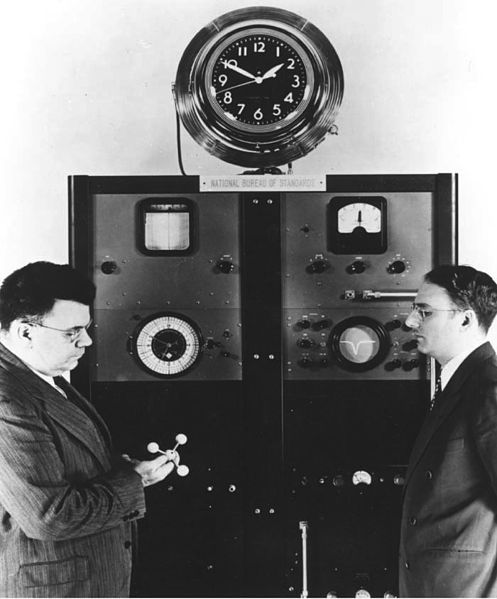Edward “Ed” Condon (1902-1974) was an American physicist.
After completing his Ph.D. in physics at the University of California, Berkeley in 1926, Condon soon became a professor at Princeton University. In this position he would establish himself as one of the country’s brightest minds in the field.
In 1943 his reputation attracted the attention of J. Robert Oppenheimer, who recruited him to Los Alamos to work on the Manhattan Project. However, Condon clashed with General Leslie R. Groves and the intense security processes at Los Alamos. He resigned within six weeks of becoming Oppenheimer’s Assistant Director. He spent the rest of the war as a consultant on the separation of uranium at the University of California, Berkeley.
After the war he served as a consultant to the Senate, consulting them on the creation of the Atomic Energy Commission. Condon was an ardent advocate of internationalism and sharing nuclear secrets with the Soviet Union. He saw this as the best means for preventing nuclear war. His position would subject him to charges of treason and espionage in the coming years. Condon was the subject of an investigation by the House Un-American Activities Committee (HUAC) from 1947-1949. His loyalty to the United States would come under attack from various government figures throughout the early 1950s, subsiding with the conclusion of the Red Scare.





